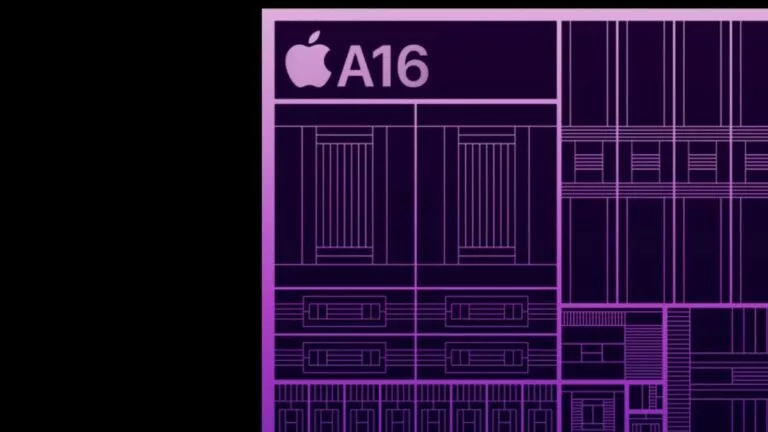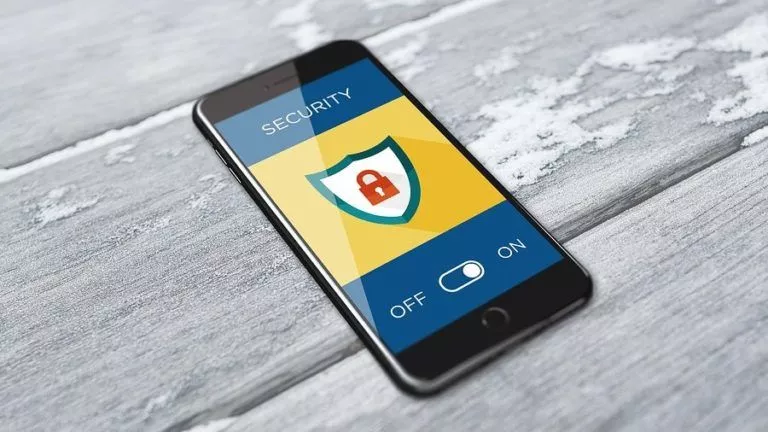Did Russia Hack The U.S. Presidential Elections?

Short Bytes: As President Obama has ordered a review of Russian hacking influence on the U.S. Presidential elections, people are busy analyzing the open source information made available by security firms. While the evidence surely indicates some Russian players were trying to hack the DNC, nothing can be concluded at the moment.
President-elect Donald Trump has been trying to reject the reports that hint that the Russians hacked the Democratic National Committee (DNC) to ensure his victory. Trump’s stance is natural and it shouldn’t surprise anyone.While doing so, Trump has ignored the efforts of the law enforcement, intelligence agencies, and private organizations with skilled investigators. Surprisingly, Trump has said, “Nobody really knows and hacking is very interesting. Once they hack, if you don’t catch them in the act, you’re not going to catch them.”
The hacking possibility was revealed well before elections. Back in November 2015, the FBI warned the DNC of a potential ongoing breach. The hacking campaign, tracked by Dell SecureWorks, targetted the DNC and the Clinton Campaign.
Unless you catch "hackers" in the act, it is very hard to determine who was doing the hacking. Why wasn't this brought up before election?
— Donald J. Trump (@realDonaldTrump) December 12, 2016
This was followed by bringing in the CrowdStrike’s incident response team. The Security firm claims that their Falcon endpoint technology did catch attackers, Ars Technica reports. CrowdStrike revealed that two Russian hacking groups Cozy Bear and Fancy Fear were behind the DNC hack.
RUSSIAN INFLUENCE IN THE US ELECTIONS CAN’T BE DENIED
SeaDaddy, the tool used by Cozy Bear, was identical to another tool used by Russian hackers that operated under Russia’s FSB.
The other hacking group, Fancy Bear, was sending C&C (command and control) instructions from an IP address that was linked to an attack against German Parliament in 2015.
Other research works by other private security firms have also indicated the Russian element in the incident. These firms have also admitted that their open source evidence doesn’t conclude anything. For that matter, President Barack Obama has ordered a review of Russian influence operations, and the results will be released in January.
With inputs from TIME and Ars Technica
Also Read: 10 Years Prison Time For Hackers, Russia Plans New Law






